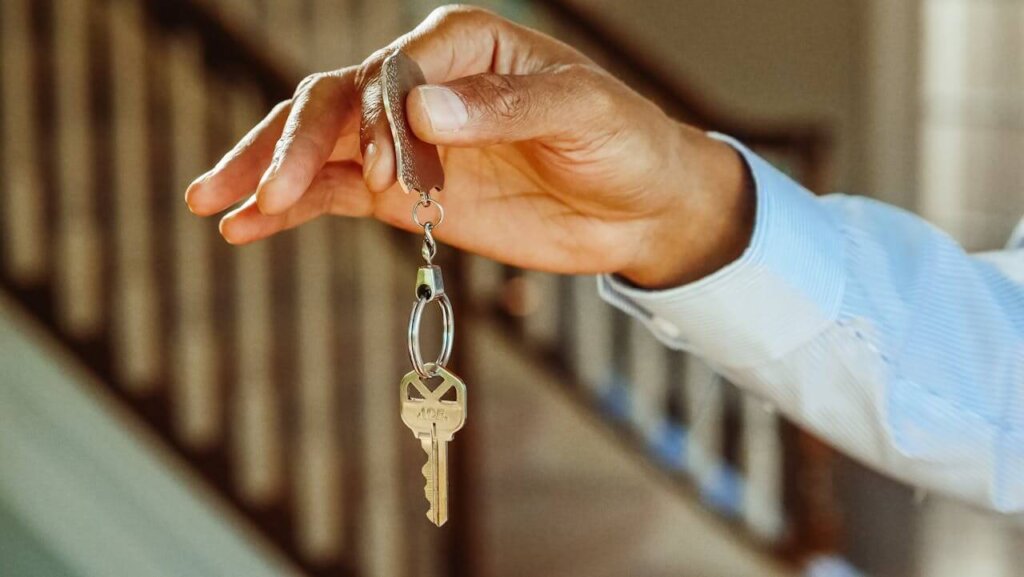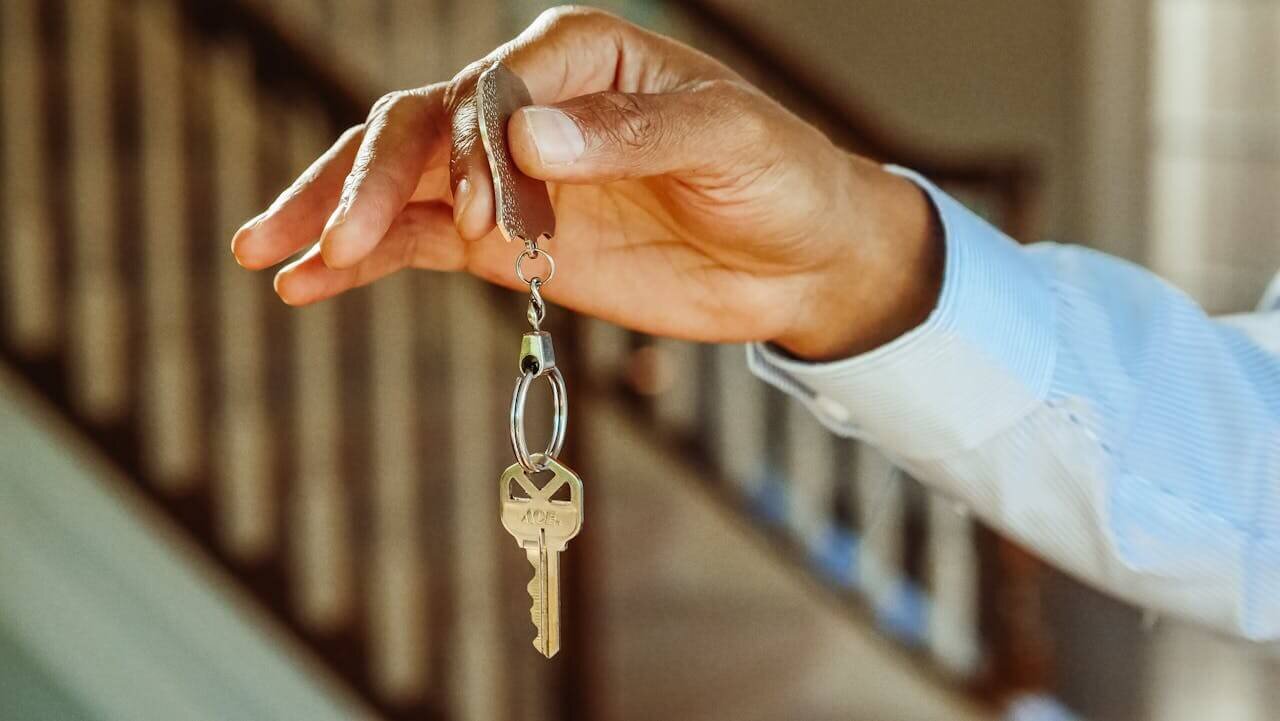
Moving to a new home often comes with a big decision: what should you do with your old house? There’s no one-size-fits-all answer, but weighing the pros and cons of each option can. help you make a decision that aligns with your financial goals and lifestyle. So, if you’re asking
yourself if it’s better to rent or sell the old house when you move, you’re in the right place!
Understanding Your Long-Term Goals
Before getting into market trends and tax implications, start by asking yourself a few key
questions:
● Do you see yourself moving back to the area in the future?
● Are you looking for passive income?
● How comfortable are you with managing a rental property or hiring someone to do it?
● Would selling the house help you better afford your next move?
If you’re torn between renting and selling your home, consider these questions carefully. Your
answers will shape your next steps.

When Selling Might Be the Right Choice
As we already said, in order to decide, you need to consider both sides properly. Listed are the
main reasons why you might decide to sell the old house when you move rather than renting it:
#1 You Need the Equity for Your Next Home
If you’re buying a new house, selling your current one fast could free up equity for a down payment or help reduce your new mortgage. Many homeowners rely on the proceeds from a sale to comfortably make the financial leap into their next chapter.
#2 You Want to Simplify Your Life
Managing another property adds complexity. From insurance and property taxes to maintenance and tenant relations, owning a second home can feel like a second job. If you’re moving to a new city or starting a new phase of life, selling could allow for a cleaner break and more mental space. Moreover, this is also one of the main reasons to hire the pros when you’re moving; they make the transition smoother and hassle-free.
#3 The Market Is Hot
If your local real estate market is booming, you might be able to sell at a high price and move away with more cash than you expected. In some cases, the profit from selling now could outweigh potential rental income over the next several years. However, even here, you need to keep in mind handling offers while you’re planning a move or have already moved away can be something of a hassle.
#4 Avoiding the Headaches of Property Management
Being a landlord isn’t passive income right out of the gate. It involves tenant screening, ongoing maintenance, legal responsibilities, and sometimes, dealing with vacancy periods. If you don’t want to handle those tasks or pay someone else to do them, it may not be worth the investment.

When Renting Makes More Sense
Now that we’ve covered one side, it’s time to look at the other side of the coin and consider why
it can sometimes be better to rent. For instance:
#1 Your Property Is in a Desirable Rental Market
If your old home is in a location with high rental demand, like near a college, downtown area, or major employment center, it may generate steady income with minimal vacancy. This is especially true if rental rates have climbed significantly in recent years.
#2 You Want to Build Long-Term Wealth
Renting allows you to hold onto a potentially appreciating asset while someone else helps pay down the mortgage. Over time, your equity grows, and you benefit from rising property values and rental increases. For many, this is a core component of long-term financial planning.
#3 You’re Not Ready to Sell Emotionally or Financially
Some homeowners aren’t ready to let go of their first home. If you have an emotional attachment to an inherited house, or if the market isn’t offering the price you believe the home is worth, renting could be a good way to hold on until timing improves.
#4 Tax Advantages
Owning a rental property comes with tax benefits, including deductions for mortgage interest, property taxes, maintenance, and depreciation. While tax laws can change and may vary depending on your location, these perks can make a rental financially attractive.

Financial Considerations
When it comes to the financial side of the ‘rent or sell the old house when you move’ argument, you should start by researching comparable rental listings in your area to get a realistic idea of what you could charge each month. Subtract your monthly expenses like mortgage payments, taxes, insurance, repairs, and property management fees (if applicable). The goal is to ensure your cash flow is positive or at least neutral.
Furthermore, keep in mind that if you sell your old home, you could be liable for capital gains tax, especially if the property is no longer your primary residence. However, if you’ve lived in the home for at least two of the past five years, you may qualify for the home sale exclusion
($250,000 for individuals and $500,000 for married couples filing jointly). Speak with a tax professional to understand your specific situation.
The Hybrid Approach: Rent Now, Sell Later
Not ready to commit either way? Renting the home for a few years before selling gives you flexibility. This can be a smart move in a slower real estate market or if you’re unsure where life will take you next. Just keep in mind that the longer you hold onto a former primary residence, the more limited your capital gains tax exemption becomes if you eventually sell.
What About Hiring a Property Manager?
If you love the idea of holding onto the house but hate the thought of managing it, hiring a property manager can be a smart solution. They’ll handle everything from tenant screening to rent collection and maintenance. Of course, that service comes with a fee, typically around 8-12% of the monthly rent, but for many, the peace of mind is well worth it.
Final Thoughts: Rent or Sell?
When it comes to the question of whether it is better to rent or sell the old house when you move, there’s no universally correct answer. There’s only what works best for your goals, finances, and tolerance for risk. At the end of the day, think of your old house as a tool. Whether it helps you fund your next move or becomes a source of monthly income, it should work in service of your bigger picture. And if you’re still torn, running the numbers with a financial advisor or real estate professional can help bring some clarity.

